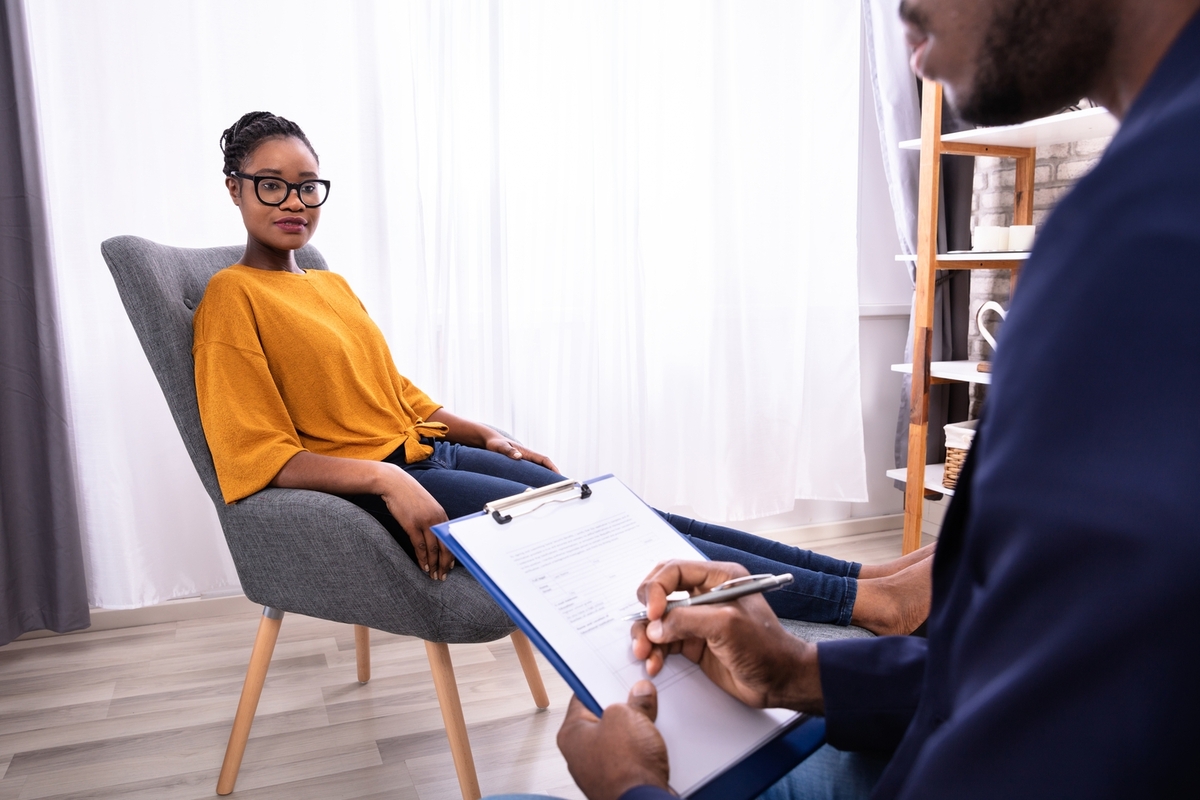Effective Ways to Treat Depression Without Pills

Depression is a common mental health condition that affects millions of people worldwide. While medication is a common treatment option, many individuals seek alternative methods to manage their symptoms. This article explores various non-pharmaceutical approaches to treating depression, offering practical and evidence-based strategies to improve mental well-being.
Depression can manifest in various forms, from persistent sadness to a lack of interest in daily activities. While medication can be effective, it is not the only solution. Here are several ways to treat depression without relying on pills:
-
Therapy and Counseling : Engaging in therapy, such as cognitive-behavioral therapy (CBT) or interpersonal therapy (IPT), can help individuals understand and manage their thoughts and behaviors. Professional counselors provide a safe space to explore emotions and develop coping strategies.
-
Exercise : Regular physical activity has been shown to reduce symptoms of depression. Exercise releases endorphins, which are natural mood lifters. Activities like walking, jogging, yoga, or even dancing can significantly improve mental health.
-
Healthy Diet : Nutrition plays a crucial role in mental health. Consuming a balanced diet rich in fruits, vegetables, lean proteins, and whole grains can positively impact mood and energy levels. Omega-3 fatty acids, found in fish and flaxseeds, are particularly beneficial for brain health.
-
Mindfulness and Meditation : Practicing mindfulness and meditation can help individuals stay present and reduce negative thought patterns. Techniques such as deep breathing, progressive muscle relaxation, and guided imagery can alleviate stress and promote a sense of calm.
-
Social Support : Building and maintaining strong social connections can provide emotional support and reduce feelings of isolation. Spending time with friends and family, joining support groups, or participating in community activities can foster a sense of belonging and improve mood.
-
Sleep Hygiene : Poor sleep can exacerbate depression symptoms. Establishing a regular sleep routine, creating a restful environment, and avoiding stimulants like caffeine before bedtime can improve sleep quality and overall mental health.
-
Hobbies and Interests : Engaging in activities that bring joy and fulfillment can distract from depressive thoughts and provide a sense of purpose. Whether it’s painting, gardening, reading, or playing a musical instrument, hobbies can be therapeutic.
-
Light Therapy : For those experiencing seasonal affective disorder (SAD), light therapy can be an effective treatment. Exposure to bright light, especially in the morning, can help regulate mood and improve symptoms.
-
Limit Alcohol and Avoid Drugs : Substance use can worsen depression and interfere with treatment. Limiting alcohol intake and avoiding recreational drugs can help maintain mental clarity and stability.
-
Professional Help : While this article focuses on non-pharmaceutical treatments, it’s essential to recognize when professional help is needed. Psychologists, psychiatrists, and other mental health professionals can provide comprehensive care and support tailored to individual needs.
Treating depression without pills is not only possible but can also be highly effective. By incorporating therapy, exercise, a healthy diet, mindfulness, social support, good sleep hygiene, engaging hobbies, light therapy, and avoiding harmful substances, individuals can manage their symptoms and improve their quality of life. It’s important to remember that everyone’s journey with depression is unique, and finding the right combination of strategies may take time. Consulting with a healthcare professional can provide additional guidance and support on the path to mental wellness.



